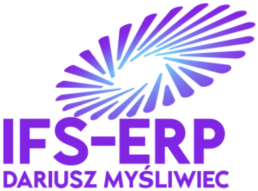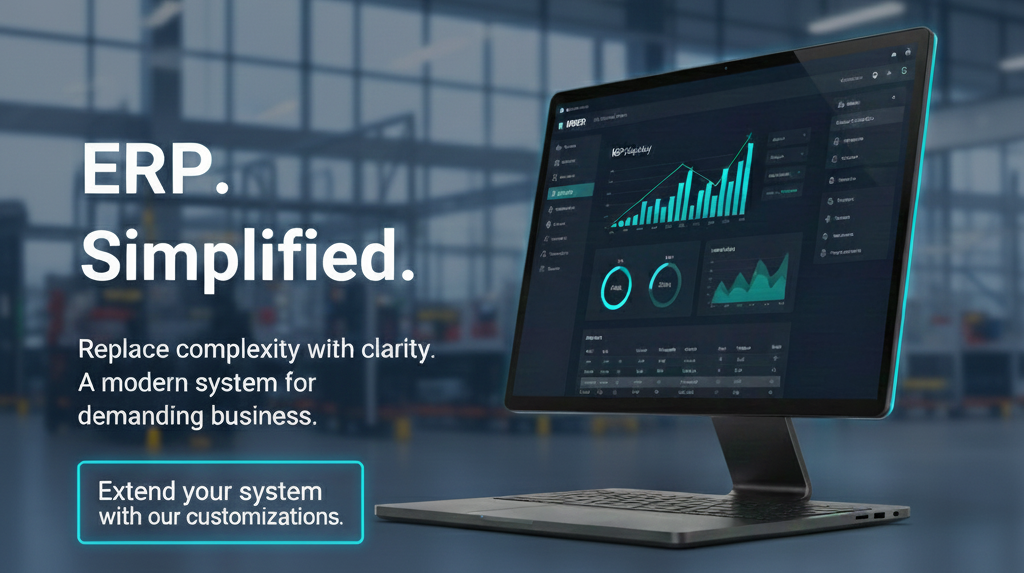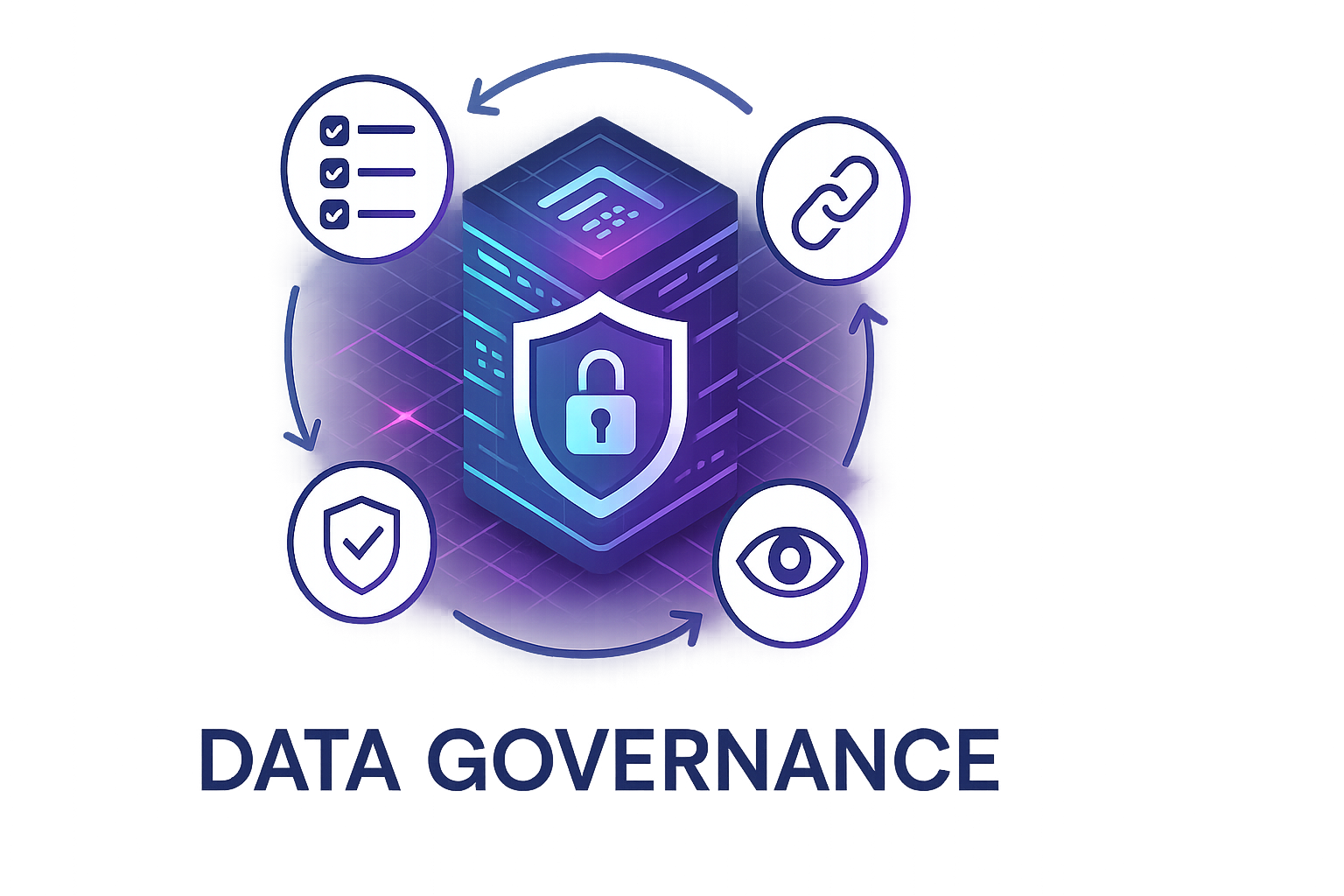Data Governance in IFS Cloud
A comprehensive guide to ensuring data quality, security, and compliance throughout the lifecycle.
Data governance is not just IT bureaucracy; it is the backbone of your ERP investment. In the context of IFS Cloud, it aligns technical capabilities with business objectives, ensuring that your data supports digital transformation rather than hindering it.
Key Components
Effective governance in IFS Cloud rests on four pillars. Neglecting one destabilizes the whole structure.
1. Data Quality
Automated validation and cleansing. Using IFS Cloud to profile data and handle exceptions before they impact reporting.
2. Data Security
Role-based access controls (RBAC) and encryption. Aligning IFS Cloud security with ISO 27001 and GDPR standards.
3. Data Integrity
Versioning and immutable audit trails. Ensuring consistency through backup strategies and change management workflows.
4. Confidentiality
Compliance-driven handling of PII. Utilizing data masking and anonymization capabilities within the ERP.
The Governance Process
Step 1: Assess Maturity
Use analytics to identify gaps in quality and compliance. Establish a baseline.
Step 2: Define Policies
Develop enforceable standards for ownership, retention, and security protocols.
Step 3: Establish Stewardship
Assign data domains to business units. Train teams on accountability.
Step 4: Implement Controls
Configure validation rules and cleansing workflows inside IFS Cloud.
Step 5: Deploy Security
Map policies to GDPR/HIPAA requirements using built-in security features.
Step 6: Monitor & Optimize
Continuously refine processes based on performance metrics and feedback.
Best Practices
Modern governance goes beyond spreadsheets. Integrate governance with CI/CD pipelines, adopt a Data Mesh architecture for agility, and leverage GEO AI for smarter metadata management.
Why Do This?
- Better Decisions: Reliable data feeds accurate analytics.
- Efficiency: Less time fixing errors, more time working.
- Customer Trust: Personalized, error-free engagement.
- Reduced Cost: Automated management reduces overhead.
- Ensure Data Quality
- Protect Security
- Meet Compliance (GDPR)
- Build Stakeholder Confidence


